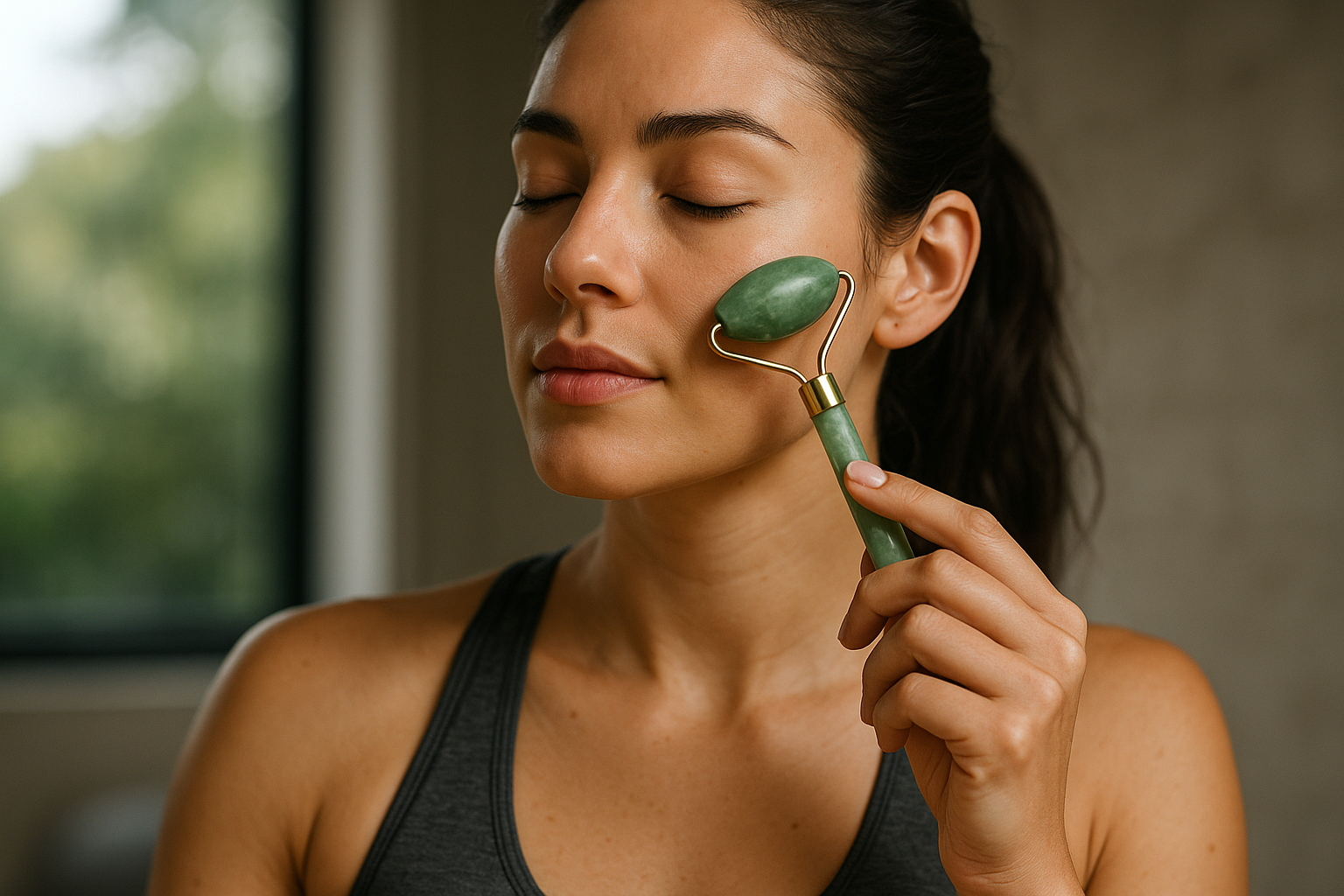Unmasking the Hidden Health Benefits of Laughter
Most of us have heard the saying that laughter is the best medicine, but how many of us actually take it seriously? Laughter not only provides a full-scale workout for your muscles, but it can also unleash a rush of stress-busting endorphins. Beyond that, it can improve your immune system, relieve pain, and improve your mood.

An Overview of Laughter in History and Science
The therapeutic power of laughter has been recognized for centuries. In ancient times, hospitals included courtyards where patients could be entertained by jesters. In the 20th century, Norman Cousins, a prominent political journalist, claimed that laughter helped him recover from a serious illness. His experience led to a surge of scientific research into the potential health benefits of laughter.
These studies have found that laughter is not just a simple emotional response, but a complex social behavior with significant physiological effects. When we laugh, our heart rate and blood pressure increase and we breathe faster, delivering more oxygen to our tissues. These physiological responses are similar to those seen during aerobic exercise.
Current Health Trends and Insights
The concept of laughter as a form of therapy has been gaining ground in recent years. Laughter yoga, which combines laughter exercises with yogic breathing, is now practiced in over 100 countries. It has been incorporated into various wellness programs, from corporate team building to senior health care.
Research has shown that laughter can help reduce stress and anxiety, improve mood, enhance resilience, improve short-term memory and creativity, and even boost the immune system. A 2016 study published in the Journal of Dental and Medical Research found that laughter increased the activity of natural killer cells, a type of white blood cell that is crucial in fighting off viruses and cancer cells.
Benefits and Challenges of Laughter Therapy
Laughter therapy offers numerous health benefits, from reducing stress hormones and controlling pain to boosting the immune system and improving mood. However, it is not a cure-all and should not replace conventional medical treatment. It can be challenging for some people to laugh on command, especially if they’re feeling depressed or anxious. It’s important to approach laughter therapy as a complement to, not a replacement for, traditional medical care.
The Science Behind Laughter Therapy
Laughter has been shown to have various physiological, psychological, and social benefits. It stimulates the heart and lungs, enhances oxygen intake, stimulates circulation, and relaxes muscles. This not only provides a physical release but also helps reduce the physical symptoms of stress.
On the psychological front, laughter triggers the release of endorphins, the body’s natural feel-good chemicals. This promotes an overall sense of well-being and can even temporarily relieve pain.
Socially, laughter can strengthen relationships, enhance teamwork, help defuse conflict, and promote group bonding.
The Health Boosting Power of Laughter
-
Laughter relaxes your whole body, relieving physical tension and stress.
-
It boosts the immune system by decreasing stress hormones and increasing immune cells and infection-fighting antibodies.
-
Laughter triggers the release of endorphins, promoting an overall sense of well-being.
-
It improves the function of blood vessels and increases blood flow, potentially protecting against a heart attack and other cardiovascular problems.
-
Shared laughter is a great way to strengthen relationships and promote emotional connection.
In conclusion, laughter is a powerful antidote to stress, pain, and conflict. It brings people together, boosts mood, strengthens the immune system, and promotes overall health. Incorporating more laughter into your daily life may be a simple, accessible, and cost-effective way to enhance wellness. After all, as Charlie Chaplin once said, “a day without laughter is a day wasted.”




